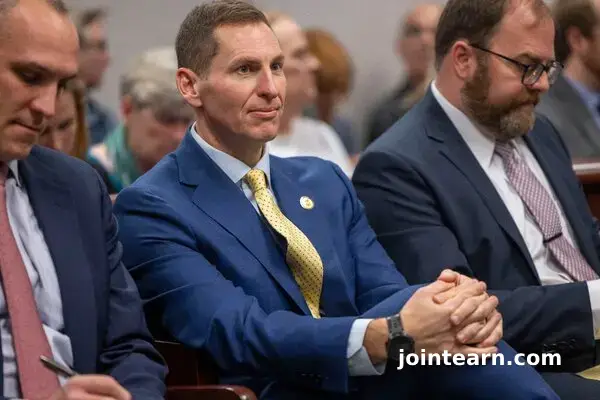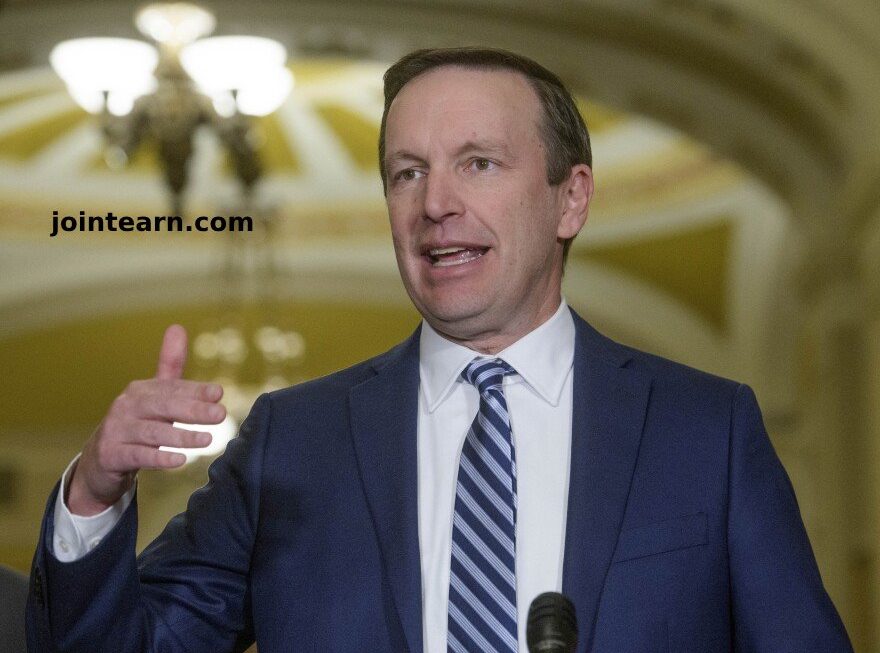Last month, 14 tornadoes struck Arkansas, leaving a path of destruction across the state. In just two days, the deadly outbreak killed three people, injured 32, and caused significant damage to more than 500 homes, businesses, and vehicles, totaling over $8.8 million in storm damage.
As is typical following major natural disasters, Arkansas Governor Sarah Huckabee Sanders requested federal assistance for recovery. The customary procedure is for the federal government to issue a disaster declaration, allowing the Federal Emergency Management Agency (FEMA) to provide essential disaster relief and funds for cleanup efforts. However, in an unexpected move, President Donald Trump denied the request for aid.
In a letter dated April 11, the Trump administration stated that the damage from the tornadoes was not severe enough to require federal assistance. The letter concluded that the event was within the capabilities of the state, local governments, and voluntary agencies. Arkansas was left to handle recovery on its own.
Since returning to power, Trump’s administration has significantly reduced federal funding, cut government jobs, and threatened political retribution against those who oppose his policies. FEMA, in particular, has been a target of his administration’s austerity measures, as Trump has hinted at dismantling the agency altogether.
During his visit to Los Angeles following the devastating wildfires earlier this year, Trump downplayed the role of FEMA, suggesting that Americans need “a good state government” rather than federal assistance. He argued that FEMA was “a very expensive, mostly failed situation.”
This sentiment against federal disaster relief fits into Trump’s broader narrative of reducing the role of the federal government in American lives, particularly in blue states. During the aftermath of Hurricane Helene in Western North Carolina, Trump’s allies, including right-wing activists, spread misinformation that the state had been abandoned by the Biden administration. Some even claimed that FEMA’s response was delayed to divert resources to undocumented immigrants, while others propagated absurd conspiracy theories, such as the storm being intentionally created by the government.
Trump’s vision for disaster management became clearer during his second term when he suggested that states should independently handle disasters like tornadoes and hurricanes. Even in liberal states like California, Trump proposed that FEMA aid should be conditional, requiring concessions from Democratic-run states before federal aid could be distributed.
Despite Arkansas voting for Trump in the last three presidential elections, including his largest victory margin since 1972, the state found itself abandoned in its time of need. The tornado disaster hit a state that had supported Trump heavily, with the governor, Sarah Huckabee Sanders, being a former press secretary for the president. The lack of federal assistance for Arkansas’ recovery efforts was a stark reminder of the politicization of federal disaster relief.
One week after the federal government’s denial, Sanders filed an official appeal, detailing the devastating destruction, injuries, and deaths caused by the tornadoes. She emphasized that without the support of a Major Disaster Declaration, Arkansas would face immense challenges in recovering from the catastrophe.
In response, Arkansas’ federal lawmakers also urged President Trump to reconsider, citing the extensive damage to homes, businesses, and infrastructure. They argued that the state needed federal disaster relief to recover effectively.
The denial of FEMA assistance to Arkansas signals a dangerous precedent for both red and blue states alike. Trump’s willingness to withhold federal funds, particularly in blue states, has already put Democratic-run regions on edge. Now, it seems that even states with strong GOP support may no longer be exempt from Trump’s budget cuts and federal aid restrictions.
FEMA’s traditional role is to provide critical disaster relief, including funding for debris removal, individual assistance programs, and help for state and local governments to recover. Yet under Trump’s administration, there is increasing reluctance to grant disaster declarations and disburse federal aid unless it aligns with political agendas.
Additionally, a recent report revealed that acting FEMA administrator Cameron Hamilton is seeking to overhaul the agency’s disaster response procedures. Hamilton’s proposal includes raising the threshold for qualifying disasters and reducing the amount of federal funds distributed, which could leave states and localities struggling to cope with the growing frequency of natural disasters, particularly as climate change exacerbates their severity.
For states like Arkansas, one of the poorest in the nation, with nearly 15% of its population living in poverty, the denial of FEMA aid has profound implications. The state is still recovering from previous disasters, and resources are already stretched thin.
The impact of budget cuts and staff reductions at FEMA further complicates disaster recovery efforts. According to reports, FEMA’s staffing levels have been insufficient, leading to slower recovery efforts in disaster-stricken communities. In February, FEMA’s parent department, Homeland Security, announced the firing of 200 FEMA employees, a move that has drawn criticism from disaster relief advocates.
Rob Moore, a policy analyst with the Natural Resources Defense Council, warned that these cuts will result in more Americans being put at risk, with recovery efforts becoming less coordinated and delayed. “FEMA staff are some of the most critical and needed in the federal government,” Moore said. “Slashing these employees indiscriminately will put more Americans in harm’s way.”
For Arkansas Governor Sarah Huckabee Sanders, the situation is a political conundrum. She cannot openly criticize Trump without risking political fallout, but she also cannot ignore the suffering of her state’s residents. As the political divide deepens and federal aid becomes increasingly politicized, states like Arkansas are left to fend for themselves, with local governments and charitable organizations unable to match the capacity of the federal government.
The federal government was once seen as a reliable source of support during times of crisis. However, under Trump’s leadership, it has become increasingly clear that federal disaster relief is no longer a guarantee for states, especially when political agendas take precedence.












